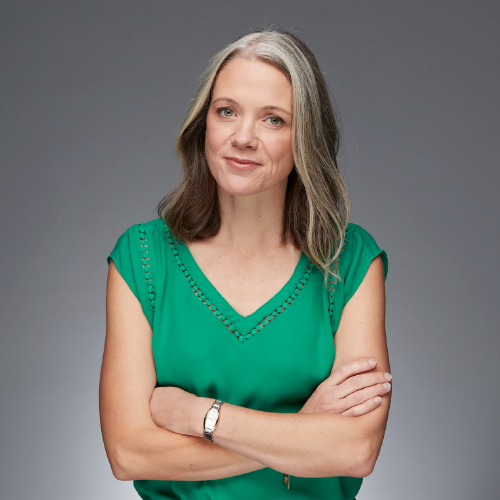We’re talking with Woebot Health Founder and President Alison Darcy about a new partnership to bring Woebot to people living in the DC area. And we promise: this has absolutely nothing to do with politics.
Woebot Health just announced a partnership with the District of Columbia Housing Authority (DCHA). What is its focus?
We’ve created a public/private partnership to offer Woebot to DCHA’s employees and to a pilot group of residents living in the authority’s affordable housing communities.
What does DCHA do?
DCHA is an important independent government agency. It’s one of the top ten largest housing authorities in the country in terms of number of public housing units, and part of its mission is to offer quality affordable housing to low- through moderate-income households. DCHA is actually one of the District’s largest landlords, providing subsidized housing to about 50,000 residents. But they’re not just about housing. The agency is also focused on cultivating opportunities for residents to improve their lives. That’s where Woebot comes in.
What makes this partnership special?
To my knowledge, DCHA might be the first or at least one of the first housing authorities in the country to offer a mental health solution like Woebot to its community. It’s an innovative approach to addressing a mental health problem that’s only getting worse. Many metro areas, DC included, are bearing a double burden of high coronavirus infection and high unemployment rates, and people are feeling a lot of stress and anxiety as a result. But it’s been harder to get treatment, either because of cost or lack of insurance, strict social distancing measures, or the longstanding stigma associated with asking for help. We’re really happy we can offer a solution that can help people who are disproportionately impacted by the pandemic deal with stress and anxiety in an accessible, approachable and anonymous way.
Who will have access to Woebot?
All 800 DCHA employees and a pilot group of 450 residents. DCHA employees are focused on providing housing and fostering the community, and they include administrative, facilities management and security people who are so important to the community’s well being. We’re also running a pilot with several hundred residents living in two family communities. We expect Woebot will be rolled out more broadly from there.
What’s your biggest hope for this partnership?
This is our first public/private partnership, and we’re honored to partner with DCHA in this way. Our hope is we can offer a safe space that helps people better manage their stress and anxiety. We’re all facing unusual and very challenging times this year, though the burden is disproportionately felt among some communities. There’s never been a more important time for our company to be there for people. That’s what I hope most: that Woebot is there for anyone and everyone who needs help.





